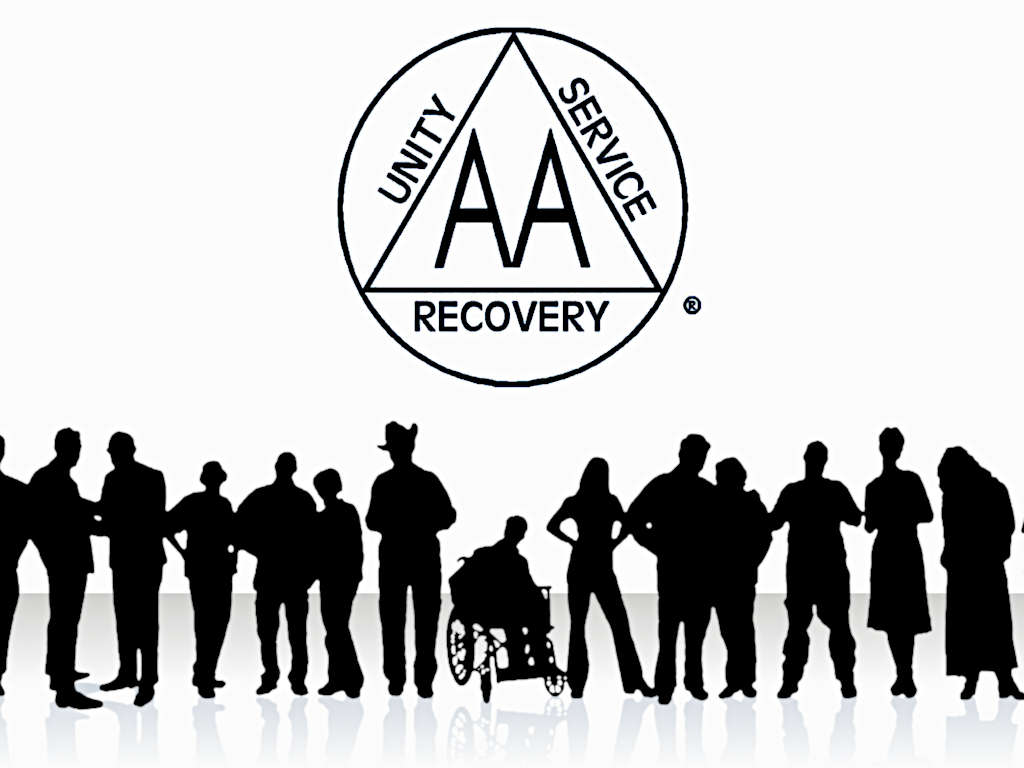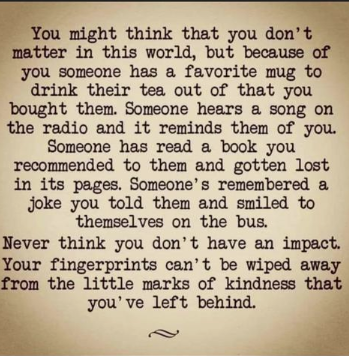I Went To My First AA Meeting! Plus, It's Juvenile Arthritis Awareness Day
Recently, I've had to switch medications for my juvenile rheumatoid arthritis. I was on a medication called hydroxychloroquine (yes, the same one that made the news for Covid-19...), which I later found out did nothing to help my disease progression. I then switched to a wonderful new doctor who specializes in pediatric rheumatology who suddenly made everything make sense. I'll spare you the elaborate details, but suffice it to say that my previous rheumatologist had diagnosed me with adult rheumatoid arthritis and was treating me as such, regardless of the fact that juvenile and adult arthritis are diagnosed and treated completely differently.
So I was obviously pretty bummed to hear that I spent nine months on a medication that was useless. My new doctor put me on a med that I got excited about, called meloxicam. It was not a very serious medication, an NSAID, but would hopefully bring down my persistent swelling, pain and inflammation. But of course, there was a catch: I couldn't drink while on it. This might not seem like a big deal, and to be honest, when she told me it didn't seem like a big deal either. It was only once I actually stopped drinking that the problem began.
I hadn't even realized that my drinking was out of control until I stopped. It wasn't a question for me that I had to stop: I am already pre-ulcer from gastritis and esophagitis, and drinking while taking an NSAID is a surefire way to get ulcers. And that's definitely not on my bucket list. I had tried a few times in the past to cut down on my drinking, but it never seemed so important, so I never really tried very hard. (Or maybe it just never worked and I told myself if I tried harder it would work...) This time, though, the stakes were high.
After a few days of not drinking, the symptoms of withdrawal started: I was getting irritable and anxious, and craving alcohol all the bloody time. That was when I noticed that I was probably drinking wayyy too much before. I was venting to my best friend on the phone about how I really want a drink and I just can't have one because of the medication when she realized I had a problem. She started asking all these questions about my drinking- how much, how often, where, when, where do I get the alcohol from, and more along that vein. Obviously, my answers were very concerning- too much, almost every day, in my room, alone at night, and from my parents' almost limitless stash from which no one ever notices anything's gone missing. As I hope everyone's best friend should do, she made my problem very clear to me. She insisted that I need help, I need to check into a rehab, I am not ok and on and on. I of course, in classic denial style, denied all the charges. "Nah, I'm fine, it's just a stage, yadayadayada bullshit." She persisted until I agreed to think about it. Then, on further thought, recalling many conversations with my older sister who insisted that drinking to self-medicate for my mental illness is a problem, and much, much more craving, I came to the conclusion that I probably do have a problem. Ya think?? Why does it always feel like everyone realizes my problems before I do? One of the many mysteries of life.
In the spirit of realizing I have a problem, I googled for AA meetings and found one taking place at that moment. That eventually became my home group. It's the New York Daily Reprieve group, and it's fucking AWESOME! That's exactly the spirit of the group. The meeting leader literally introduces the group by saying that if you're offended by swearing then get the hell off of the call. You can find nice little innocent groups elsewhere. Really goes well with the spirit of aggressive positivity. Here's a lil video to illustrate that point:
Well, that was a great, overwhelming dose of aggressive positivity.
On a side note, because I can't help but mention-
It's a day to recall all the kids, teens, and young adults suffering with juvenile arthritis. Whether that's juvenile idiopathic arthritis, juvenile psoriatic arthritis, juvenile ankylosing spondylitis, or other diseases, much more research is needed into why juvenile arthritis begins and effective cures, rather than aggressive treatment and no prevention.
Take initiative by donating to arthritis research or contributing your time to arthritis foundations and support groups. Or just spread the word. That's good too.



Comments
Post a Comment
Feel free to drop a comment below with your thoughts. Please keep it respectful and constructive.